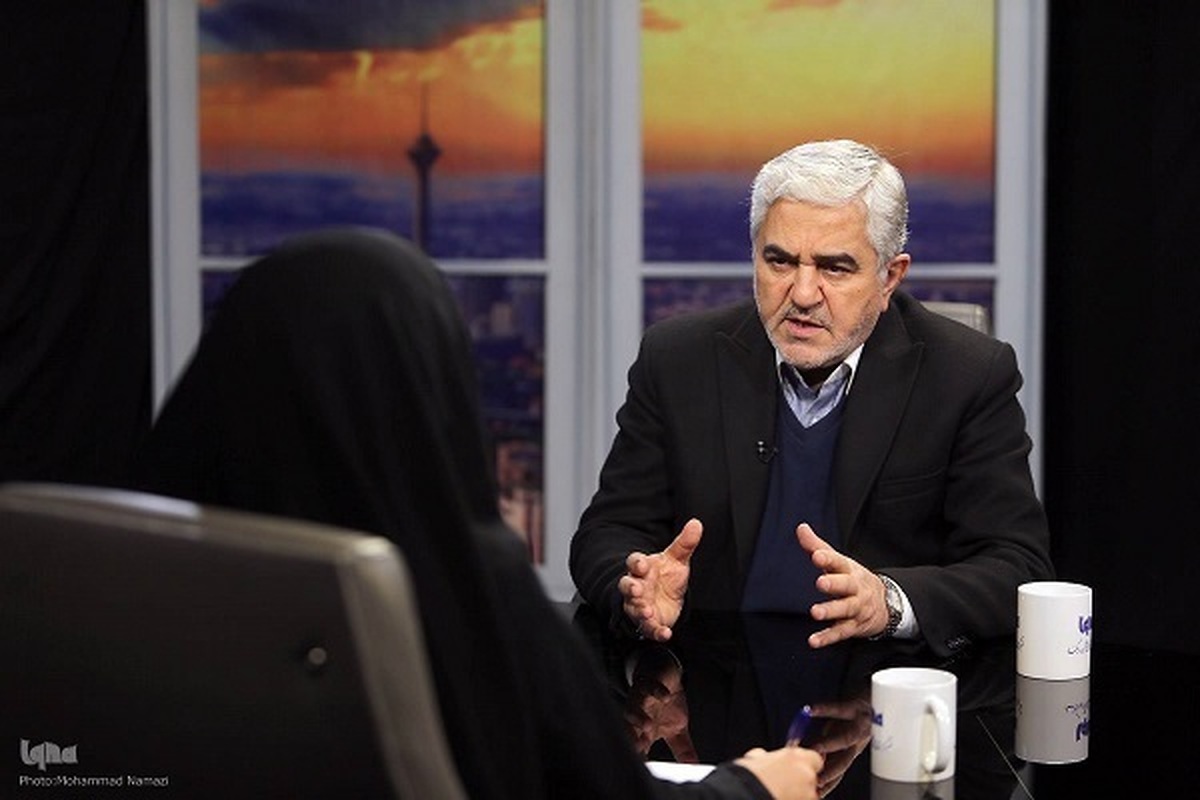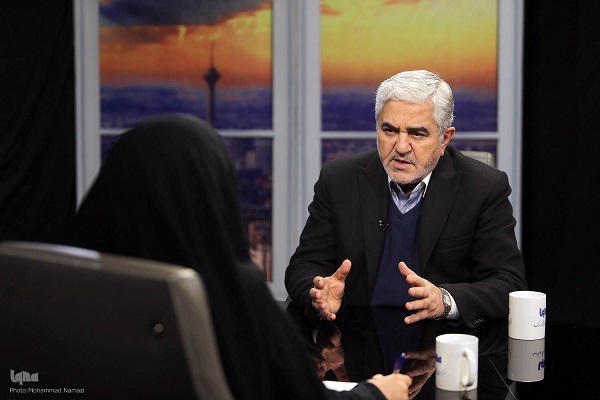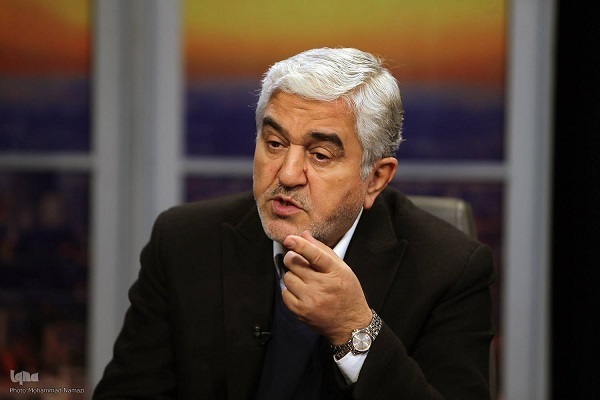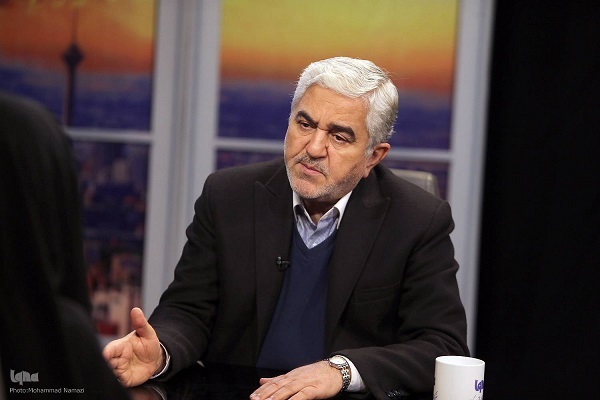Foreign Pressures, Domestic Issues Led to Fall of Assad Gov’t: ICRO Advisor


This is according to Seyed Mohammad Hashemi, an advisor to the head of the Islamic Culture and Relations Organization.
Speaking in an interview with IQNA about the recent developments in Syria, he said that due to its support for the resistance and its strong relations with Iran, Syria faced intense pressure from major foreign governments, particularly the United States, Israel, and Arab countries.
A law known as Caesar (referring to the US sanctions against Assad’s government, effective from June 17, 2020) was implemented in Syria, similar to the Western sanctions against the Islamic Republic of Iran, he noted, adding that it led to a very unfavorable economic situation and negatively impacted the livelihoods of the people in the Arab country.
“On the other hand, during the Astana format meetings, attended by representatives from Iran, Turkey, and Syrian opposition forces, there was an emphasis on issues such as holding nationwide elections and engaging with the opposition. However, the Assad government showed indifference to these proposals, and no reforms were implemented. Subsequently, the pressures intensified significantly, leading to severe economic strain in Syria, affecting the people, the army, and security forces who suffered greatly under these conditions. Additionally, the internal political issues and the government's security crackdown on the populace contributed to the developments in Syria.”
Hashemi added that following the Astana conference, it was decided that the Syrian opposition would take control of Idlib after capturing Aleppo in 2012.
“There, the opposition established a security system and the Free Syrian Army with the support of Qatar and Turkey. As these opposing forces grew, along with Western, Turkish, and Qatari assistance, and due to the weakening of the Syrian army, they succeeded in advancing their position and played a significant role in the developments in Syria and the fall of Assad.
“Additionally, due to the Israeli regime’s attacks on Gaza and Lebanon, Hezbollah forces and Iranian advisors withdrew from northern Syria to assist Hezbollah. This allowed the opposition forces to enter, and the Syrian army’s lack of resistance and their surrender to armed groups led to the capture of Aleppo, Idlib, Homs, Hama, and ultimately the fall of Damascus, with no military confrontation occurring during these advances. Thus, the fall of the Syrian government and Damascus happened peacefully.”
Read More:
Asked whether the recent developments in Syria can be analyzed within the framework of the US and Israeli plots for the region, he referred to the statements made by Leader of the Islamic Revolution Ayatollah Seyed Ali Khamenei, regarding the execution of this plan through an operational room run by the US and Israel.

He said these statements are entirely accurate, and Turkey acted as the executor of this operation. “The existing evidence indicates that Turkey’s agreements with the opposition and its support for them have significantly influenced these developments. On the other hand, the advanced American and Western weapons, such as drones and tanks, used by the opposition to advance their positions have also played a crucial role.
“These developments occurred immediately after the ceasefire in Lebanon and the Doha summit, which emphasized the avoidance of military confrontation with the opposition. The reason we assert that the U.S. and Israel's operational room was involved in this matter is that these advances took place right after the ceasefire in Lebanon, and the opposition was confident that there would be no military action against them. Furthermore, the "SDF" (Syrian Democratic Forces) in northeastern Syria, a resource-rich area supported by the Americans, also contributed to creating these conditions.”
On whether these developments were meant to undermine Iran’s presence in Syria, he said, “There is no doubt that Syria is an important country in the region and is not an ordinary one. Rather, its geopolitical significance is crucial for all countries in the area, including Iran, which has a long-standing and friendly relationship with Syria. Due to the issue of resistance, Syria has held a strategic position for us, and its downfall has severed our connection with the axis of resistance.
“However, this will not mark the end of our relationship with the resistance. There are other ways to support it. The new Syrian leaders and those who have come to power have not yet been able to establish the necessary security conditions or gain control over various parts of Syria. A new Syrian government needs to be formed for the Islamic Republic of Iran to declare its new position and decision regarding bilateral relations.”
Read More:
Hashemi went on to say that as the Leader of the Islamic Revolution has stated, Iran must establish its position in the region.

“Resistance is crucial for us in this regard. It serves as an important defensive line for the Islamic Republic. However, within the country, we hear some voices questioning why we invest in and defend resistance abroad, while it is essential to consider the equation of preserving Iran through the line of resistance.
“On the fifth anniversary of the martyrdom of the esteemed figure, Lt. General Qassem Soleimani, it is appropriate to say that he established an equation in the region to preserve the Islamic Republic. This equation created a belt of resistance, characterized by the strength and capabilities of the youth in the resistance movement, along with the leadership and planning of General Soleimani and revered martyrs like Sayed Hassan Nasrallah in Lebanon, Abu Mahdi al-Muhandis in Iraq, and Ismail Haniyeh and Yahya Sinwar in Palestine.
Read More:
“This equation remains intact. Although challenges have arisen in places like Syria, this belt and trench are meant to protect the Islamic Republic and safeguard Iran’s interests, not those of any particular country or power. Our support for Palestine, Lebanon, and Syria has been to preserve the Islamic Republic, and this commitment will continue without any cause for concern.”
4258218



